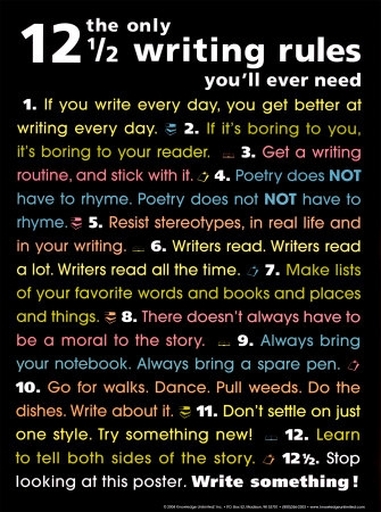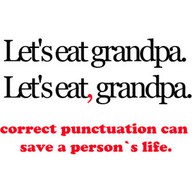your sphere of influence
 Sunday, August 14, 2011 at 09:33AM
Sunday, August 14, 2011 at 09:33AM When you're young and want to save the world, you maybe envision yourself as President of the United States or in some other grandiose position of power, and you see yourself taking down the bad guys and supporting the deserving underdogs.
As I get older, I've become more and more attracted to the small, intimate, personal contributions I can make to society. Instead of saving "the world," maybe I can teach a classroom of students or inspire a handful of friends to go after their dreams. Now that I've started a small business, I feel like maybe just giving a solid, reliable salary for relatively enjoyable work to three amazing people is a good place to start.
It's humbling-- not exactly "saving the world" here-- but it's also solid, tangible and positive.
So, maybe your sphere of influence isn't as large as you imagined, either. But maybe the small sphere of influence you have is actually creating more good than you think. In my little coffee shop, for example, we have no Wi-Fi and no sea of laptops or TVs. And yesterday, to my delight, two women who didn't know each other sat together and talked about the music one bought at the record store next door, about where they'd come from and just had a nice conversation for about an hour.
And that's what it's about for me. Simple human connection. It isn't moving mountains or ending injustice, but if I can create a space that fosters community and connects former strangers, that makes me happy.
And who knows? Maybe those strangers will become friends and feel their lives were brightened and warmed a bit because of a tiny coffee shop they happened to stop into one day. Maybe a great relationship will develop. Or maybe they'll never see each other again. But they'll have made a little connection, and that's what life is about for me.
People are everything, and no amount of money or success or anything else can equal a sincere and caring relationship to another human being. As a creative artist, you'll often work alone. So, the question is: in addition to your art/craft/work, what are you doing to foster your relationships?


